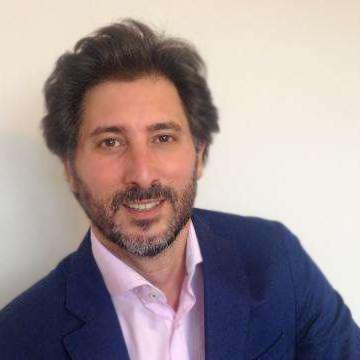A Higher Purpose: 3 Rules of Conscious Leadership
Description
Leading people involves following rules. The problem is that the focus on priorities of shareholders, the inertia of the markets, and many companies’ management has confused the rules. But we have already seen that shareholders are not the only stakeholder. This book presents a higher purpose through three rules. These rules, in turn, make up a conscious leadership:
1.Enhance the power in others
2.Enhance the power in yourself
3.Enhance the value among all stakeholders
The first rule is about others. Leading other people is about making them better. Period. Make them do their jobs better and, in turn, make the organization better. So easy to understand, yet so challenging to execute. Because for this to happen we not only have to have suitable employees, but we also have to have appropriate bosses at all levels. We must provide people with adequate leadership. And the setback is that most bosses are mediocre.
Arturo Cuenllas Soler

An experienced executive with broad expertise in Leadership and Organizational Behavior, Arturo Cuenllas, has led many teams in different companies and countries (Mexico, Dominican Republic, The Philippines, France, etc.) in the hospitality sector (+20years). Arturo has graduated from Hotel Management at Glion Institute of Higher Education, Executive Master in Tourism Management at IE Business School (graduated with honors), and PDD (High Advanced Management Program) at IESE Business School.
He is passionate about analyzing, studying, and teaching role-model organizations, leaders, and best practices in the field of human resources management, organizational behavior, and leadership. His areas of interest are: corporate cultures, interpersonal communications, and conflicts in organizations, high-performing teams, coaching of groups and individuals, motivation, managing for creativity in teams, learning organizations, and self-leadership.
Arturo is the founder of Conscious Hospitality, an educational consultancy company with the core competence of providing coaching and leadership programs to managers. His purpose is to train future managers and executives towards a more effective and authentic style of leadership; a leadership capable of balancing the needs of the individual and the organization, and developing high-performing teams with common values and goals.


